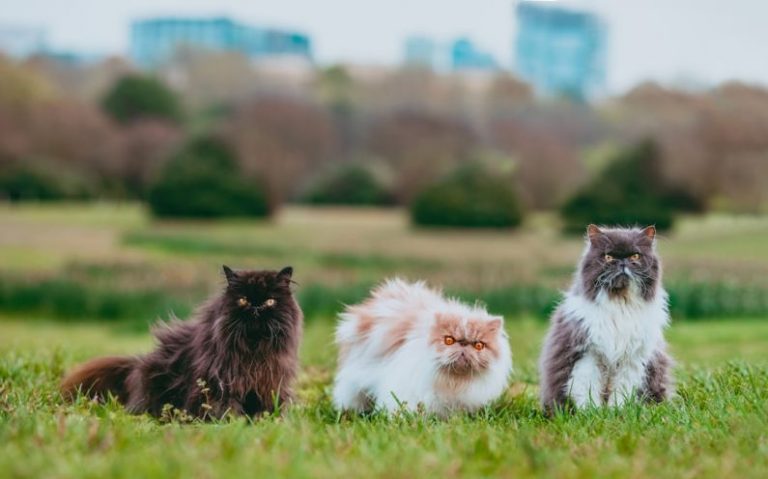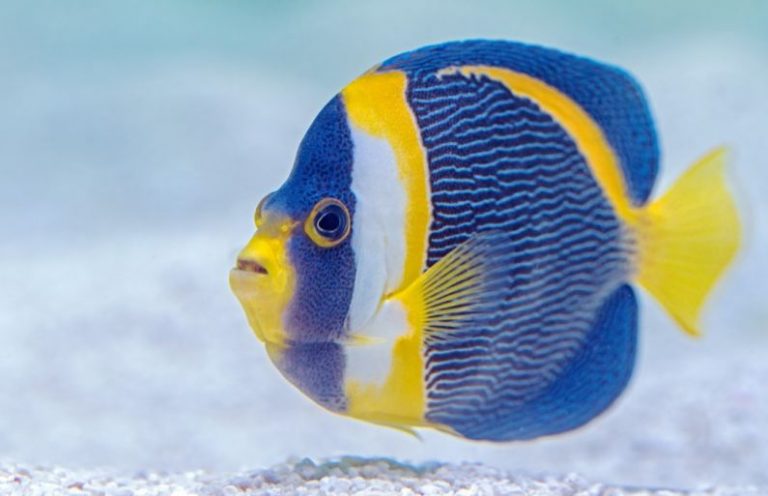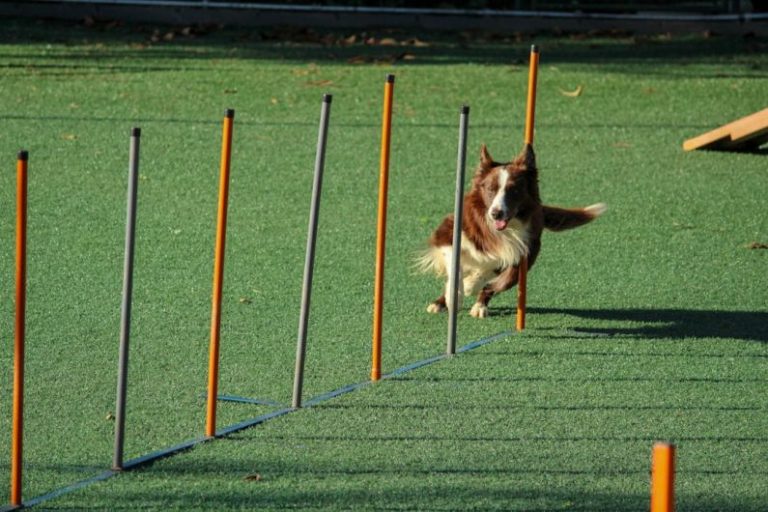Pet Nutrition: What to Feed Your Furry Friends
When it comes to our beloved furry friends, their health and well-being are of utmost importance. An essential aspect of keeping your pets healthy is providing them with proper nutrition. Just like humans, pets need a balanced diet to thrive and live a long, happy life. In this article, we will delve into the importance of pet nutrition and discuss what you should feed your furry companions to ensure they stay healthy and energetic.
**Understanding Pet Nutrition**
Pet nutrition plays a crucial role in maintaining the overall health and vitality of our four-legged friends. A balanced diet provides the necessary nutrients, vitamins, and minerals that are essential for their growth, development, and immune function. Without proper nutrition, pets may experience a range of health issues, including obesity, nutrient deficiencies, and digestive problems.
**Choosing the Right Food**
When it comes to selecting food for your pets, quality is key. It is essential to choose a high-quality pet food that is specifically formulated for your pet’s species, age, and size. Look for brands that use wholesome ingredients and avoid artificial additives, fillers, and by-products. Additionally, consider your pet’s individual needs, such as any dietary restrictions or health conditions they may have.
**Ingredients to Look For**
When reading the ingredients list on pet food labels, look for real meat as the primary ingredient. Protein is essential for pets as it provides the building blocks for muscle development and overall health. Additionally, ensure that the food contains a balance of carbohydrates, fats, vitamins, and minerals to meet your pet’s nutritional requirements. Avoid foods that contain excessive amounts of fillers, preservatives, and artificial colors.
**Feeding Guidelines**
It’s important to follow feeding guidelines provided by the pet food manufacturer to prevent overfeeding or underfeeding your pets. Portion control is crucial to maintain a healthy weight and prevent obesity, which can lead to various health issues. Monitor your pet’s weight and adjust their food intake accordingly to ensure they are getting the right amount of nutrients without overeating.
**Hydration**
In addition to a balanced diet, make sure your pets have access to fresh, clean water at all times. Proper hydration is essential for their overall health and helps maintain optimal body functions. Consider incorporating wet food into your pet’s diet to increase their water intake, especially if they are not drinking enough water.
**Treats and Snacks**
While treats and snacks can be a fun way to reward your pets or provide enrichment, it’s essential to offer them in moderation. Many commercial treats are high in calories and may not provide the necessary nutrients that your pets need. Consider offering healthy, natural treats such as fruits, vegetables, or lean meats as an alternative to store-bought treats.
**Monitoring Your Pet’s Health**
Keep an eye on your pet’s overall health and behavior to ensure they are thriving on their current diet. If you notice any changes in their appetite, energy levels, coat condition, or digestive health, consult with your veterinarian. Regular check-ups and discussions with your vet can help you make informed decisions about your pet’s nutrition and overall well-being.
**Ensuring a Healthy and Happy Pet**
By providing your furry friends with a balanced diet, you are setting them up for a healthy and happy life. Remember that each pet is unique, so it may take some trial and error to find the right food that suits your pet’s individual needs. Pay attention to their reactions to different foods and consult with your vet if you have any concerns about their diet. With proper nutrition and care, your pets will thrive and bring joy to your life for years to come.






